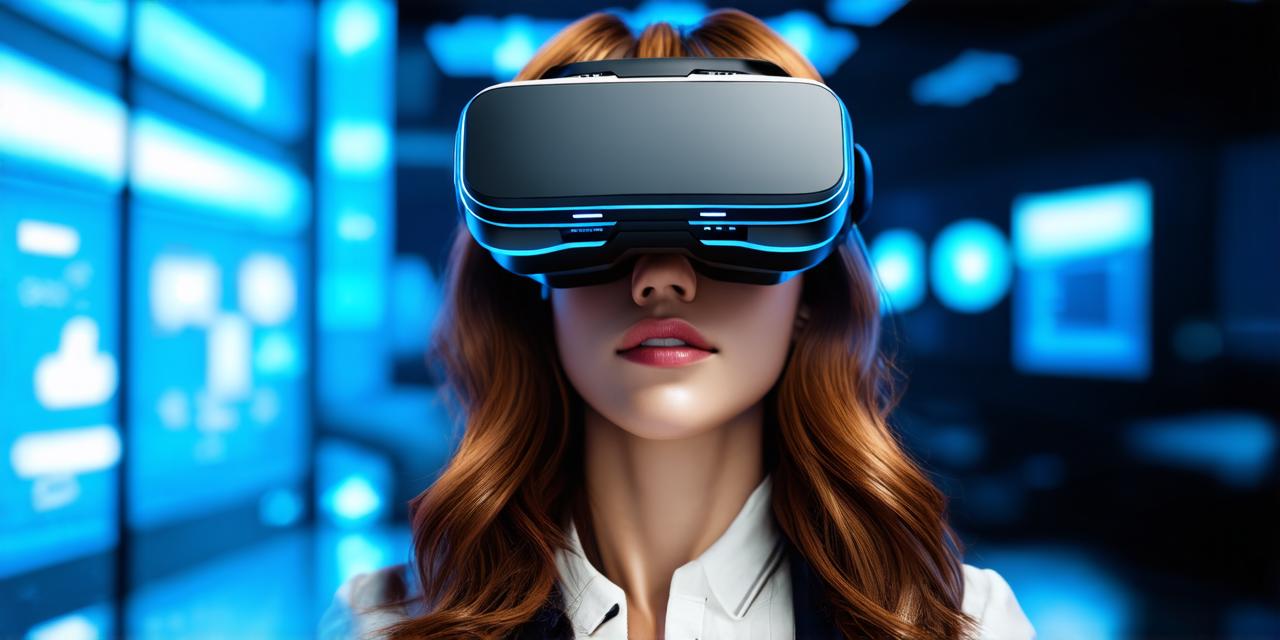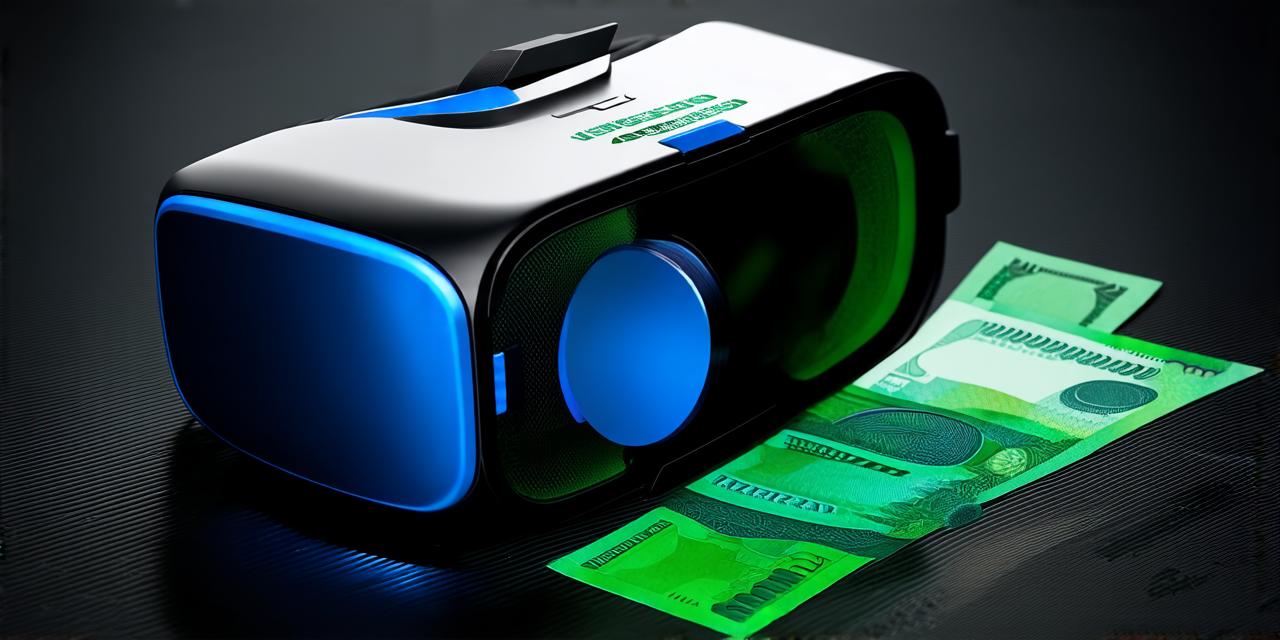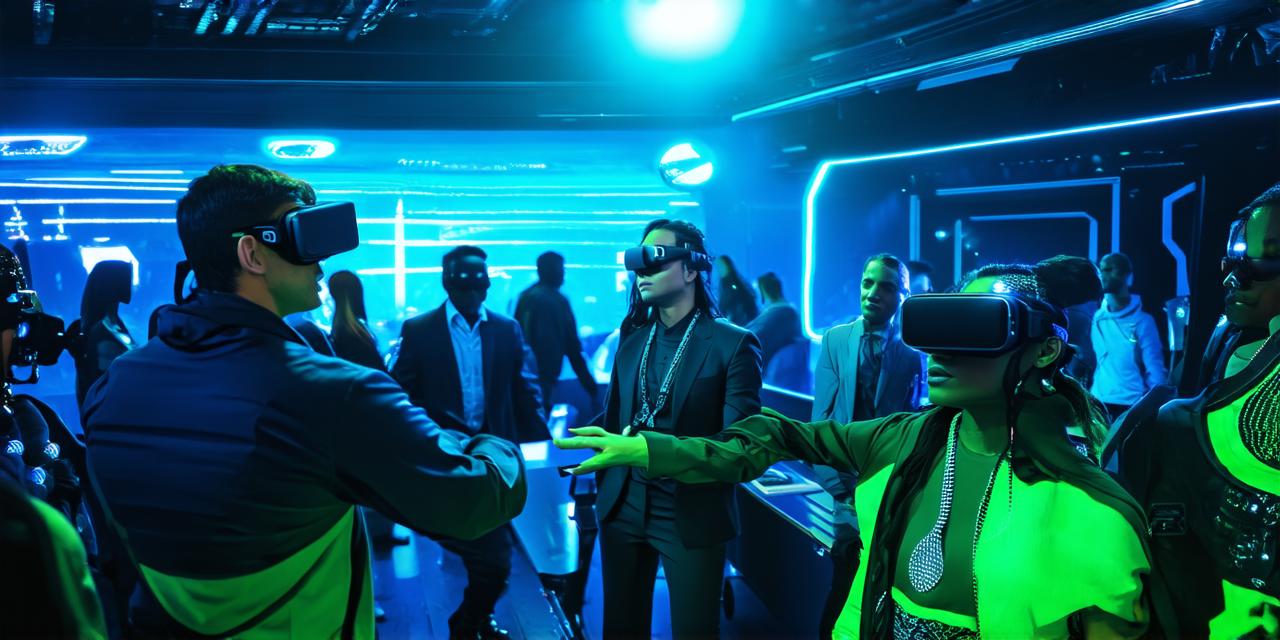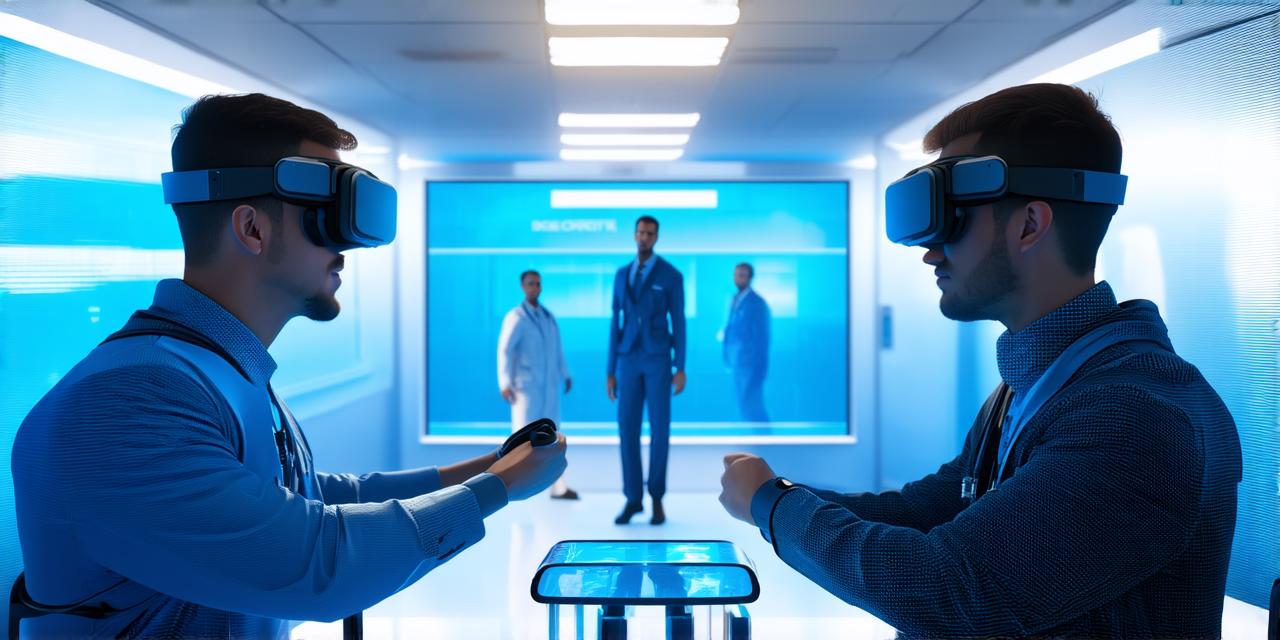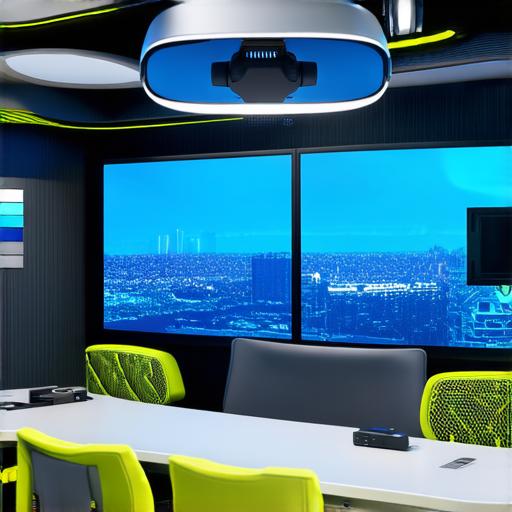
As technology continues to advance at an unprecedented rate, virtual reality (VR) is rapidly gaining traction as a powerful tool for businesses to enhance their operations and customer experiences.
Among the various types of VR, immersive VR stands out as a game-changer due to its ability to create highly realistic and engaging environments that can be used in a wide range of applications. In this article, we will explore some of the benefits of using immersive virtual reality in business applications, including increased efficiency, improved customer experiences, and enhanced safety training.
Immersive Virtual Reality: A Definition
Before we delve into the benefits of using immersive virtual reality in business applications, let’s first define what it means. Immersive VR refers to a type of VR that creates a highly realistic and interactive experience for users by surrounding them with a 360-degree environment that simulates real-world scenarios. In contrast, non-immersive VR relies on simpler graphics and interfaces, often using headsets or screens to display a limited view of the virtual world.
The Power of Immersive Virtual Reality in Business Applications
Increased Efficiency: One of the key benefits of using immersive virtual reality in business applications is increased efficiency. By simulating real-world scenarios, businesses can train their employees to perform tasks in a safe and controlled environment, without the need for costly equipment or specialized facilities. This can lead to significant time and cost savings, as well as improved productivity and accuracy.
For example, a construction company could use immersive VR to train its workers on how to operate heavy machinery, such as cranes and excavators, in a simulated environment. This would allow the workers to gain valuable experience without putting themselves or others at risk, while also reducing the time and cost required for traditional training methods.
Improved Customer Experiences: Another benefit of using immersive virtual reality in business applications is improved customer experiences. By creating highly realistic and engaging environments that simulate real-world scenarios, businesses can offer their customers a unique and memorable experience that sets them apart from competitors. This can lead to increased customer loyalty and repeat business.
For example, an auto dealership could use immersive VR to create a virtual showroom that allows customers to explore different car models in a highly realistic environment. This would allow customers to get a better feel for the car’s interior, features, and performance, leading to increased customer satisfaction and sales.
Enhanced Safety Training: A third benefit of using immersive virtual reality in business applications is enhanced safety training. By simulating real-world scenarios that involve potential hazards or risks, businesses can provide their employees with the necessary skills and knowledge to respond appropriately in a safe and controlled environment. This can lead to reduced accidents and injuries, as well as improved compliance with safety regulations.
For example, an oil and gas company could use immersive VR to simulate emergency response scenarios, such as fire or chemical spills, allowing their employees to practice their response plans in a safe and controlled environment. This would allow the employees to gain valuable experience and knowledge that they can apply in real-life situations, leading to improved safety and compliance with industry standards.
Case Studies and Personal Experiences
To further illustrate the benefits of using immersive virtual reality in business applications, let’s look at some case studies and personal experiences from companies and individuals who have used this technology.
The Boston Children’s Hospital uses immersive VR to train its surgeons on complex procedures, allowing them to practice in a simulated environment that closely resembles the real-world operating room. This has led to improved patient outcomes and reduced surgical complications, as well as increased job satisfaction for the surgeons.
The construction company Skanska uses immersive VR to train its workers on how to operate heavy machinery, such as cranes and excavators, in a simulated environment. This has led to reduced accidents and injuries, as well as improved productivity and accuracy on construction sites.
